Neil Wiesblott, 69, swapped bustling Los Angeles for a quiet island off the coast of Seattle more than 30 years ago and never looked back. Among Vashon Island’s many charming features, perhaps its most beloved is a vast “tool library” that lends out more than a thousand items to residents for DIY projects and home improvements – from saws to ladders to power washers.
Established nearly a decade ago, the library is believed to be the largest rural tool library in the US. These libraries have been around since the 1940s but have taken on new relevance in an age of mass production and hyper-consumption. With an estimated 80 such libraries across the country, the Vashon tool library where Neil volunteers is part of a growing movement that’s helping people live more sustainably while fostering a sense of community.
I live on 10 acres in a forest on Vashon Island, the largest island in Puget Sound, Washington. It’s about the size of Manhattan, with about 11,000 people. There are llamas next door, sheep across the street, and orcas rub their bellies on the beach. The police station is open on Thursdays from 2-4pm. It’s a quiet place.
When I retired from the financial services industry nine years ago, I aspired to know more about tools. I had limited experience and was not “handy” per se. But I needed more than tools; I needed knowledge. By using tools I had been unfamiliar with, and with a bit of osmosis, I can now do a number of things around the house and our property. I lived in Los Angeles for 30 years before this, but I had to come to Vashon Island to learn how to use a chainsaw.
For almost 10 years, I’ve been a member of the Vashon Island tool library. Now I’m a volunteer and board member. The library opened in 2015 and works just like one with books, except we have 1,500-plus hand, battery or electric tools that the community can borrow. We have power washers, battery-powered extension saws, tall fruit ladders, cement mixers, tile cutters, leaf blowers, weed wrenches and more.
The library is like the best neighbor you ever had. Imagine if the person at the end of your block had 1,500 tools and they’d show you how to use them. I’ve personally used tools from the library to make fences around my property. I’ve made picture frames and gates and repaired trees and trimmed my hedges. I’ve gained skills and confidence through these experiences to also become a wood turner. There’s great satisfaction in doing something with your hands.
On top of that, we’re keeping huge amounts of products out of the landfill and giving people the ability to reuse those tools and the skills to do it. It’s a great thing from a zero-waste perspective. There are 23 tool libraries in Washington state, so it’s a big movement. On Vashon, we also have a medical equipment library and a farming equipment library.
According to our own extensive research, Vashon is thought to be the largest rural tool library in the US. In 2022, Vashon’s tool library loaned 756 tools, totaling 3,787 loans. On an island of 11,000 people, this feels significant. Common projects include tree trimming, pressure-washing property, taking out weeds with weed wrenches, trimming bushes with electric hedge trimmers.
It’s silly for all of us to shop and shop and shop and shop. We’re trying to address gross consumption in a way in which we still support and encourage people to know these critical life skills, have access to tools and create a more sustainable lifestyle that is valuable to their households and to others.
Even if we could economically afford to throw away everything we use, we simply can’t because we are still stuck on this planet. It’s encouraging seeing the right-to-repair movement gain traction, with companies like Apple finally publicly supporting it.
The library receives donated tools from our community, as well as support from individual donors, local government and companies. Even our local hardware store, Vashon Ace Hardware, supports us because our tool library drives more business in consumables like screws and paint and stain.
Our tool library is part of Vashon Makerspace, which hosts classes for a variety of skills and has a fix-it cafe that has regular repair and learning sessions for the community – all free and volunteer-run. It’s fun working together and teaching people. It feels good contributing to young people learning skills as well.
I’ve always had an inclination to be eco-friendly, but moving from an urban to a rural environment drove it completely home. When you live in the woods and your water comes from your backyard well, and your sewage is managed on-site, you realize everything is interconnected. As an avid fly fisherman, I feel the same way about all our water resources; we all rely on water to live.
There was an enhanced sense of community and proximity here during Covid. When the world feels like an unstable place, you want to know you can fix your plumbing, or repair your roof, or make a bowl or carve a spoon. My wife said if the world came apart, she’d want to be on Vashon. We’ve got the ocean; we have plentiful wildlife on the island. We have the ability to grow our own food and we have our own water. We have the ability to sustain ourselves and support our community here.
-
My DIY climate hack is a series about everyday people across the US using their own ingenuity to tackle the climate crisis in their neighborhoods, homes and backyards. If you would like to share your story, email us at diyclimate@theguardian.com
#Chainsaws #live #rural #island #share #tools #Environment

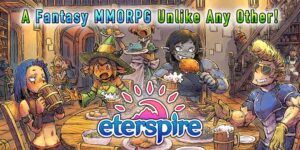
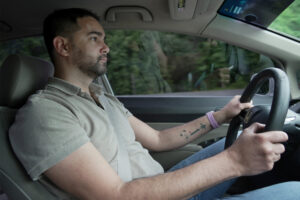

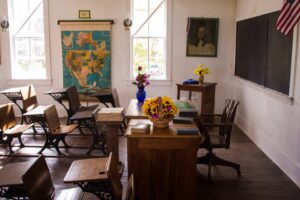

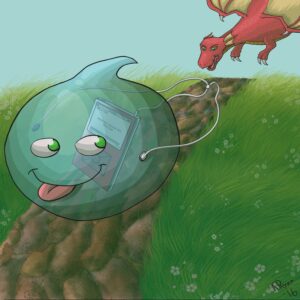


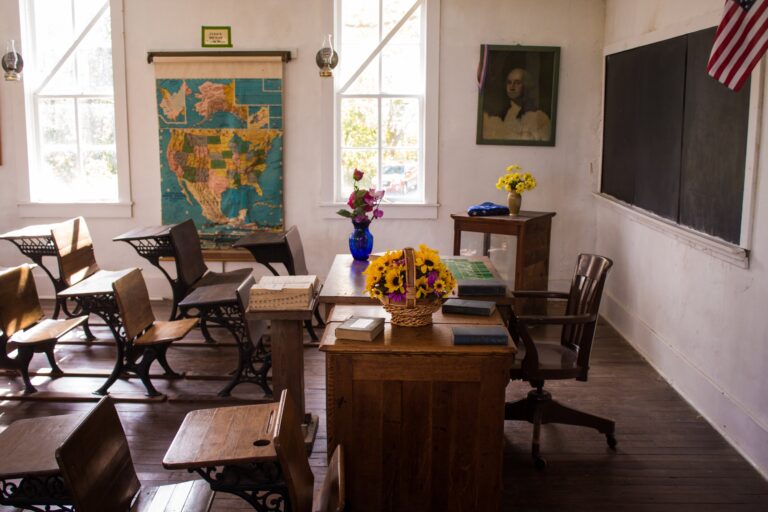



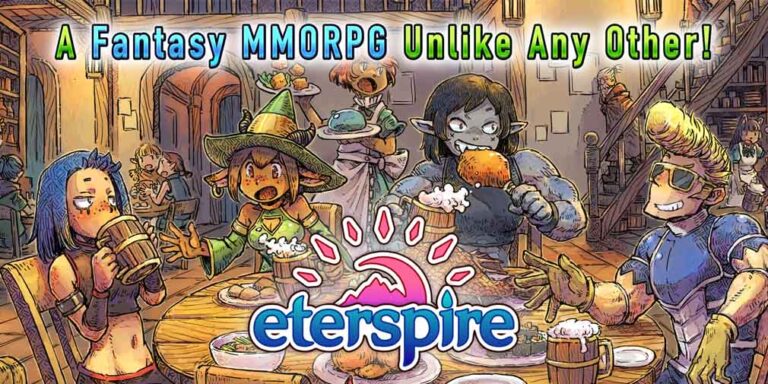
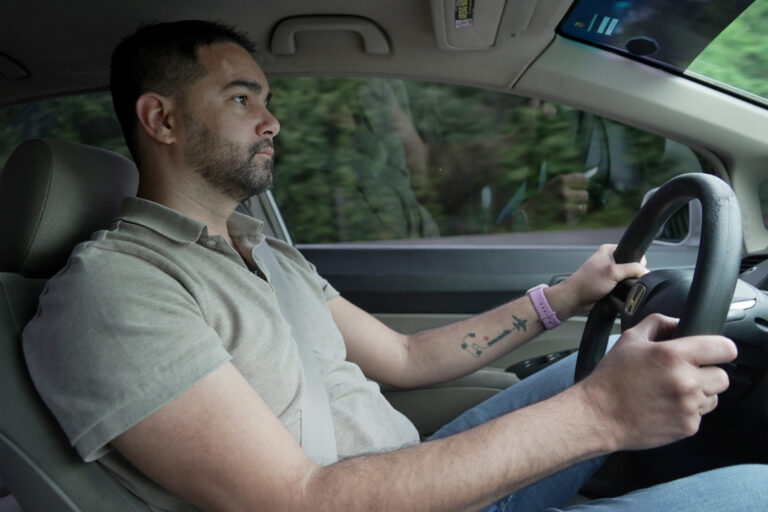

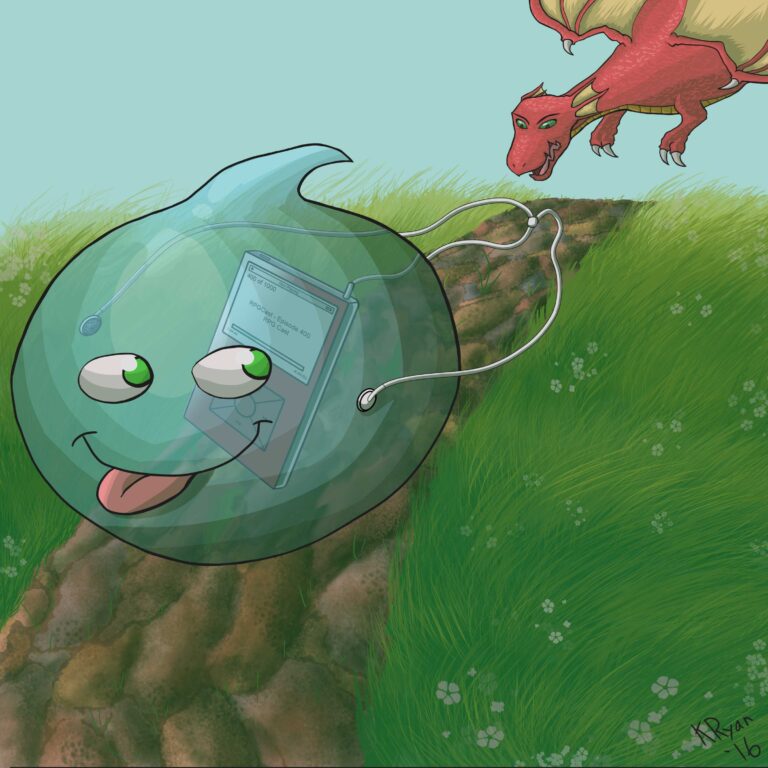
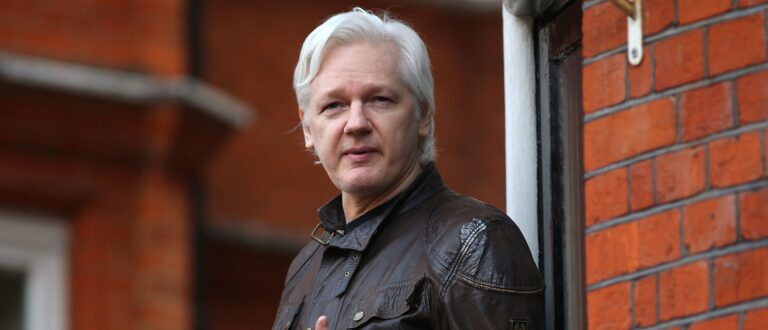
+ There are no comments
Add yours